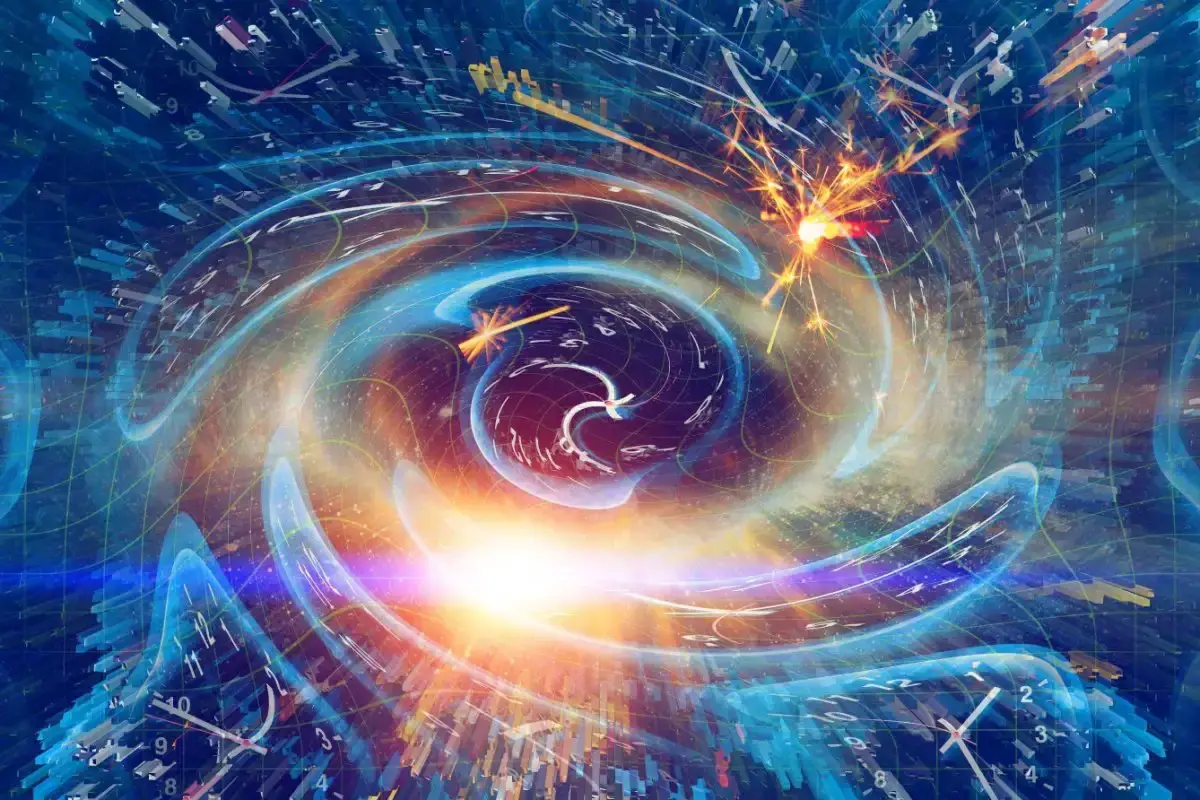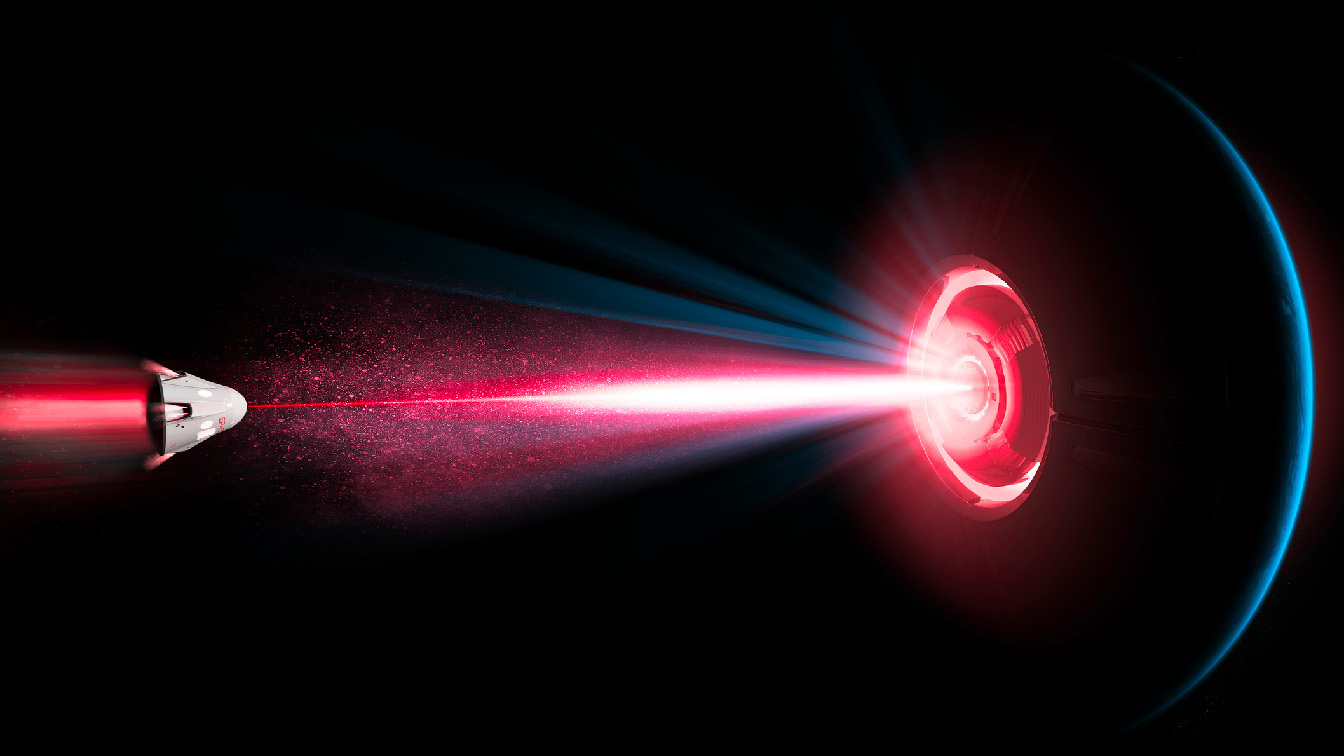Maybe this is how we get back to the right timeline
TL;DR
An international team of physicists has shown that time itself can exist in a quantum superposition state, where traditional cause and effect are blurred. Their study combines quantum mechanics with general relativity to explore how events can influence each other both forward and backward in time. Using a thought experiment, they illustrated how massive objects could affect the flow of time and potentially revolutionize quantum computing. This new understanding could enable future quantum computers to perform operations in ways not possible with classical devices.
______________________
(Hoboken, N.J. – August 22, 2019) – Quantum mechanics is known for its peculiar features, including quantum superposition, where particles appear to be in multiple places or states simultaneously. Now, an international team of physicists from Stevens Institute of Technology, University of Vienna, and University of Queensland has expanded this concept to show that time itself can exist in a state of superposition.
“The sequence of events can become quantum mechanical,” said co-author Igor Pikovski, a physicist at the Center for Quantum Science and Engineering at Stevens Institute of Technology. “We examined quantum temporal order where there’s no clear distinction between one event causing another or vice versa. In this scenario, A can cause B and B can cause A, creating a quantum loop that blurs the lines of cause and effect.”
The study, published in Nature Communications, is one of the first to explore the quantum nature of time. This work suggests that time may not follow a linear progression but can have cause and effect relationships occurring both forward and backward. This could be significant for future quantum computers, which might utilize the quantum order of operations to outperform traditional devices with fixed sequences.
Pikovski and his team combined quantum mechanics with general relativity to conduct a Gedanken experiment—a thought experiment used to explore theoretical concepts. The research team, including Pikovski, Magdalena Zych, Fabio Costa, and Caslav Brukner, posed the question: “What would a clock measure if it were influenced by a massive object in a quantum superposition state, meaning both near and far at the same time?”
According to general relativity, a massive object slows the flow of time, so a clock near a massive object would tick more slowly compared to one farther away.
In their Gedanken experiment, they imagined two starships training for a mission. Each ship must fire at a specific time and dodge at another time, with exact timing known. If either ship fires too early, it would destroy the other, establishing a clear time order. For example, if starship A fires before starship B, starship A survives, and starship B is destroyed.
However, if a powerful agent places a sufficiently massive object, such as a planet, near one of the starships, it would slow down that ship’s time. Consequently, the ship would be hit by the attack and destroyed.
Quantum mechanics introduces complexity: placing the planet in a state of superposition relative to one ship or the other means both ships could simultaneously be destroyed or survive. This creates a situation where each ship both destroys the other and is destroyed in separate events, demonstrating a new quantum aspect of time.
“Moving planets around is hard,” said Pikovski. “But imagining it helped us explore a quantum aspect of time that was previously unknown.”




